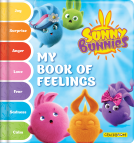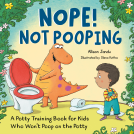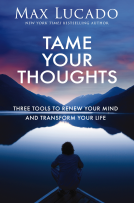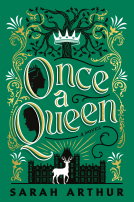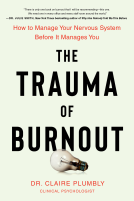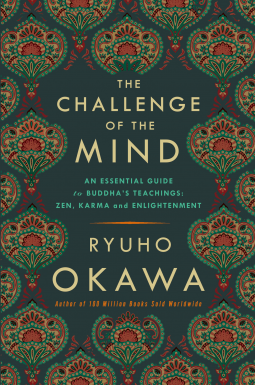
The Challenge of The Mind
An Essential Guide to Buddha's Teachings: Zen, Karma, and Enlightenment
by Ryuho Okawa
This title was previously available on NetGalley and is now archived.
Send NetGalley books directly to your Kindle or Kindle app
1
To read on a Kindle or Kindle app, please add kindle@netgalley.com as an approved email address to receive files in your Amazon account. Click here for step-by-step instructions.
2
Also find your Kindle email address within your Amazon account, and enter it here.
Pub Date Nov 15 2018 | Archive Date Sep 26 2019
IRH Press | Okawa Books
Talking about this book? Use #TheChallengeOfTheMind #NetGalley. More hashtag tips!
Description
Contents:
1. The Law of Cause and Effect
2. What is Buddha-Nature?
3. The Essence of Zen Meditation
4. Transcendental Wisdom and Forgiving Love
5. The Benefits of an Egoless Perspective
6. Practicing the Philosophy of the Middle Way
7. Enlightenment and Spiritual Powers
8. What is Karma
Available Editions
| EDITION | Other Format |
| ISBN | 9781942125457 |
| PRICE | $16.95 (USD) |
Average rating from 9 members
Featured Reviews
Thank you to NetGalley and the publisher for the E-Arc copy of this book.
Personally, I didn't know a lot about this type of spiritual teaching before I read this book. It is a very easy to follow and enlightening book about spiritual teaching for your own personal development. I really found the ability to understand the teaching of Buddhism and great foundational point for me. The Chapter on Egolessness was important because we view ourselves so centrically that we cannot fathom the idea of being without ego. The author delves into the fact that without ego we wouldn't need discipline, so in actuality ego does exist in Buddhism. I think for anyone who truly wants to understand, maintain, or explore the mind this book is a great addition to the world of grasping new teachings.
 Bookseller 363602
Bookseller 363602
I really enjoyed this book and took away many learnings and an appreciation for other religions and cultures. The thought of returning to the original teachings of the Buddha has been with me for a long time and I’m glad to see it was mentioned in this book. This is a path and this is work to develop ones mind and the book lays it out very clearly.
 debra m, Reviewer
debra m, Reviewer
I wanted to read this book because I have been trying to meditate and I felt this would be a unique approach. This book was an enjoyable exploration of finding contentment in daily life. The discussion of the middle way was one of my favorite chapters. I found it interesting tolerant more about the teaching of Buddhism.
I received this galley from NetGalley.
 Karen T, Librarian
Karen T, Librarian
I received an advanced copy of this book from Netgalley in exchange for my honest opinion. This is my first book by Ryuho Okawa. I see online that he has authored many books. He’s a class and concise writer. I may read more of his books in the future.
This book is divided into short sections. The first section emphasis the law of cause and effect. I’ve never heard the dharma be described this way and it makes sense. The second section discusses Buddha-nature, and this particularly interested me because of the correlation between my happiness and the happiness of other living beings. The third section focuses on Zen meditation. I didn’t realize the importance of self reflection when beginning a meditation. The fourth section is on transcendental wisdom and the fifth section is on egolessness. Sections 6-8 are among the same lines.
I like the teachings of Buddhism but I’m not on board with reincarnation, which this book talks about a lot. So, in that sense, I may not be the right audience. If you have faith in life after desk, you may like this book.
Readers who liked this book also liked:
Carine Laforest;
Children's Fiction

